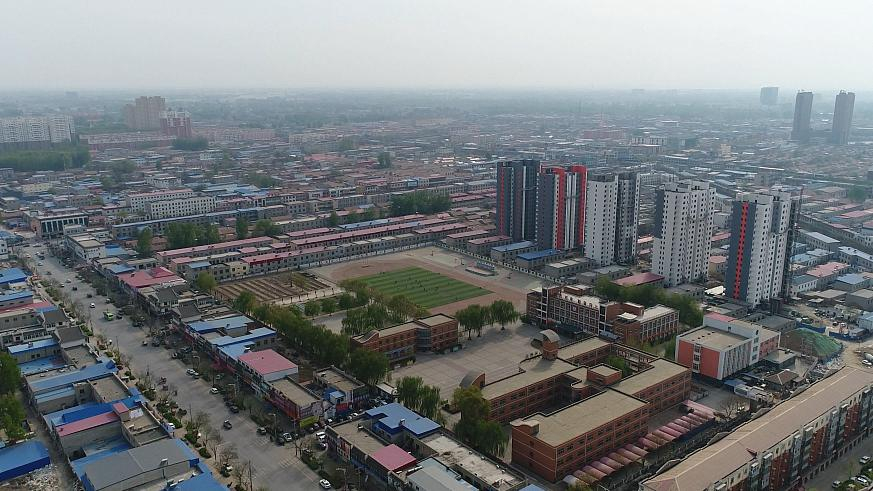
Domestic
21:40, 29-Mar-2019
Xiongan plays a critical role in regional development
CGTN
02:04

Xiongan, about 100km southwest of Beijing, consists of three counties in Hebei Province, whose construction is described as part of China's "millennium strategy." It's been two years since it was established. CGTN invited experts to share their insights on the progress and significance of China's ambitious project to explore a new development pattern.
Why is Xiongan so important? What is its grand vision? What's the New Area's position in the Beijing-Tianjin-Hebei coordinated regional development, and, more broadly, to the country's overall reform, opening-up and urbanization?
Xiongan New Area is not a single economic-development zone, nor is it purely a new district. It carries strategic significance – a unique effort to coordinate the development of a vast city cluster in northern China.
Xiongan is very close to Beijing and Tianjin. Situated within one hour of each city's economic radius, it can make full use of both cities' high-end resources. Another advantage is its environment. Historically, the ecological system of Xiongan was relatively decent. Now, with a focus on environmental restoration and improvement, its ecological potential is a high priority.
The Xiongan project seeks to relocate non-governmental activities of Beijing, especially state-owned enterprises, to catalyze North China's growth through hypermodern connectivity, and to become a prototype for high-quality urbanization. Setting up the Xiongan New Area is a landmark move for China's reform efforts.
With the coordinated development of Beijing-Tianjin-Hebei, a series of institutional reforms must be carried out, including attracting talent, constructing infrastructure, protecting ecology, etc.
Xiongan is designed to become a hub for research and development, a test-bed for China's comprehensive economic reform, an exemplar of ecological civilization and a pioneer for social reform. Eventually, the Xiongan experience will be extended to the entire Beijing-Tianjin-Hebei region, upgrading development and reducing disparities.

SITEMAP
Copyright © 2018 CGTN. Beijing ICP prepared NO.16065310-3
Copyright © 2018 CGTN. Beijing ICP prepared NO.16065310-3